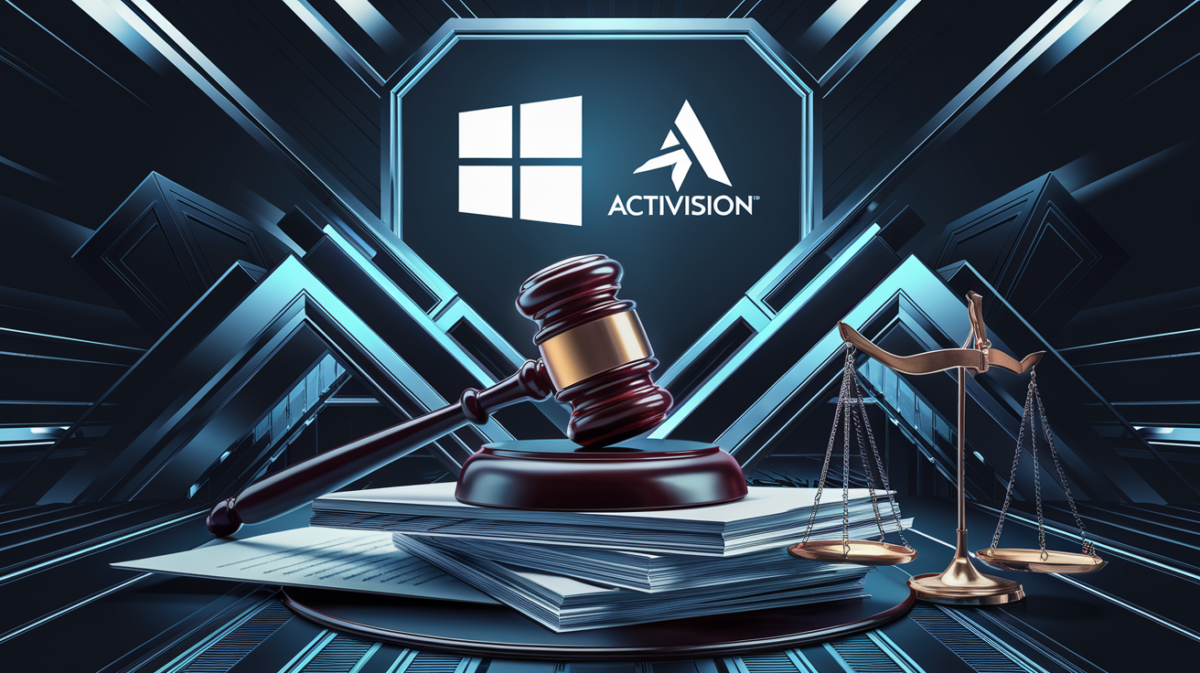In a landmark decision, the U.S. 9th Circuit Court of Appeals has unanimously rejected the Federal Trade Commission’s (FTC) appeal to block Microsoft’s $69 billion acquisition of Activision Blizzard. The ruling, delivered on May 7, 2025, marks the end of a protracted legal battle and solidifies Microsoft’s position as a dominant force in the gaming industry.
Court Upholds Earlier Ruling, Dismissing FTC’s Concerns
The appeals court upheld a previous decision by U.S. District Judge Jacqueline Scott Corley, who had dismissed the FTC’s request for a preliminary injunction in July 2023. The court found that the FTC failed to provide sufficient evidence to prove that the merger would harm competition in the gaming market.
The FTC had argued that the acquisition could stifle competition in several areas, including:
- Console Gaming: The agency claimed Microsoft might make Activision’s popular titles, like “Call of Duty,” exclusive to Xbox.
- Subscription Services: Concerns were raised about Microsoft leveraging Activision’s games to dominate subscription platforms like Xbox Game Pass.
- Cloud Gaming: The FTC feared Microsoft could monopolize cloud-based gaming services.
However, Judge Corley noted that Microsoft’s commitments—such as keeping “Call of Duty” on PlayStation for at least three more installments and expanding the franchise to Nintendo Switch and cloud platforms—effectively addressed these concerns.
What the Deal Means for the Gaming Industry
The acquisition, finalized on October 13, 2023, is the largest in gaming history, valued at $75.4 billion. It grants Microsoft ownership of some of the most iconic franchises in the industry, including:
- “Call of Duty”
- “Warcraft”
- “StarCraft”
- “Diablo”
- “Overwatch”
- “Candy Crush”
This move significantly expands Microsoft’s gaming portfolio, positioning it as a powerhouse capable of competing with industry giants like Sony and Tencent.
The FTC’s Failed Legal Battle
The FTC’s appeal was the latest in a series of unsuccessful attempts to block the merger. The agency had initially filed an antitrust lawsuit in December 2022, arguing that the deal would suppress competition. Despite these efforts, the acquisition proceeded, and the FTC’s subsequent appeals were denied.
The court’s decision underscores the challenges regulators face in blocking large-scale tech mergers, particularly when companies offer concessions to mitigate antitrust concerns.
Market Reaction and Future Implications
As of May 9, 2025, Microsoft’s stock (MSFT) is trading at $438.17, reflecting a modest increase of 0.565% from the previous close. The company’s market capitalization now stands at approximately $2.79 trillion.
The gaming industry is now bracing for the ripple effects of this deal. Analysts predict that Microsoft will leverage Activision’s franchises to bolster its Xbox Game Pass service and expand its cloud gaming offerings. Meanwhile, competitors like Sony may need to rethink their strategies to remain competitive.
Key Takeaways from the Ruling
| Aspect | Details |
|---|---|
| Court Decision | Unanimous rejection of FTC’s appeal |
| Deal Value | $75.4 billion (finalized) |
| Major Franchises Acquired | “Call of Duty,” “Warcraft,” “Diablo,” etc. |
| FTC’s Argument | Merger would harm competition in gaming |
| Microsoft’s Commitments | Keep “Call of Duty” on PlayStation, expand to Switch and cloud |
Looking Ahead
With the legal hurdles now behind it, Microsoft is poised to integrate Activision Blizzard’s vast resources into its ecosystem. The deal not only strengthens Microsoft’s gaming division but also signals a shift in how regulators approach tech mergers in the future.
For gamers, the immediate impact may include broader access to Activision’s titles across platforms, while industry watchers will be keen to see how Microsoft’s rivals respond to this seismic shift in the market.







